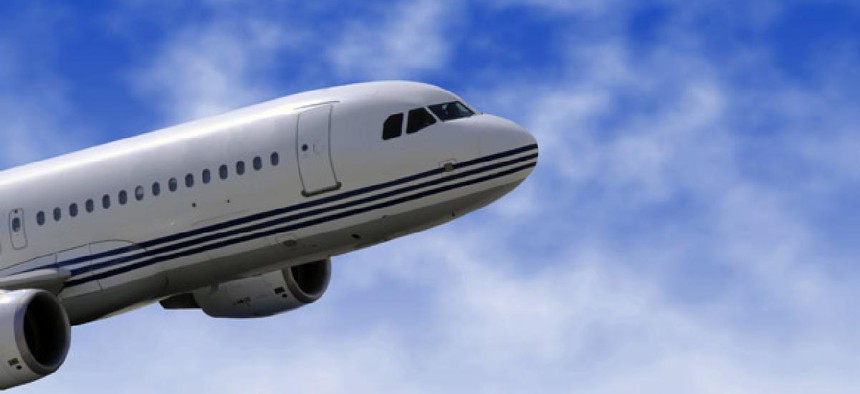
PhotoXpress
Travel on the Up and Up
Despite its extravagant Las Vegas conference, GSA sets travel requirements for feds.
After the General Services Administration was caught spending $820,000 on a Las Vegas conference, it might be hard to believe that oversight governing federal business travel exists at all. But reasonable guidelines have been around for a while -- and so has occasional misuse.
Before former GSA Administrator Martha Johnson resigned on Monday, there was a 2007 Government Accountability Office report detailing $146 million in “inappropriate first- and business-class travel” across government agencies between 2005 and 2006 alone.
The U.S. Travel Association, an organization that assists and promotes business travel, jumped to the government’s defense this week with a statement that noted travel, even for conferences and meetings, is an essential part of many federal government jobs and the Las Vegas conference was “a single instance of irresponsible decision-making.”
The organization also pointed out that the GSA inspector general’s report came on the heels of a November 2011 executive order from President Obama directing federal agencies to reduce government travel and a September 2011 directive from the Office of Management and Budget requiring a thorough review of conference spending policies.
But conferences are a small part of federal government employee travel. GSA’s guidelines for travel, lodging and per diems in general appear reasonable, with some wiggle room that could be grounds for criticism and finger-pointing. And, yes, the same agency that made headlines spending on a fancy Las Vegas hotel, mind reader and commemorative coins is actually in charge of making sure all other federal agencies report business expenses responsibly.
Feds receive per diem allowances for lodging, meals and incidentals when on official travel for more than 12 hours. The rates vary depending on location and, in some cases, the nature of government work. You can find and calculate your per diem rates here.
Employees cannot spend more on lodging than the government-set rate. If they stay with a friend or family member who lives in their destination city, they will not be reimbursed for comparable lodging. Ditto for property an employee might own in a city he or she travels to for work.
Transportation gets somewhat more complicated. The basics: Feds must use the mode of transportation “most advantageous to the government, when cost and other factors are considered,” according to GSA guidelines.
When flying within the United States, employees generally must take “common carriers” coach class; when driving, use of government vehicles is encouraged. Federal business travelers cannot receive refunds or credit for any unused travel services and reimbursements from airlines in the event of a cancellation must be made out to Uncle Sam.
But as the 2007 GAO report shows, there is room for pricier, top-flight travel if you’re a fed. Agencies have some discretion in determining if a higher-cost flight is “most advantageous.” Employees may travel first class under specific circumstances, such as for trips overseas and travel that is 14 hours or more, including nonovernight stopovers.
In 2007, many agencies reported to GAO that “they did not know the extent of business-class travel.” OMB and GSA at the time did not require reporting of travel. In addition, agencies varied greatly in their restrictions for executive- or premium-class travel.
Correction: The original version of this story incorrectly said feds receive per diems when on travel for 12 or more hours. In fact they receive per diems when traveling more than 12 hours.






